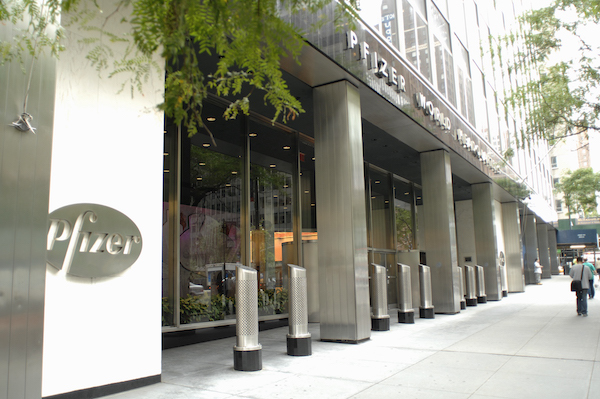Congenital disorders
Pfizer’s Abrysvo RSV vaccine for infants backed by US CDC
Pfizer’s respiratory syncytial virus (RSV) vaccine, Abrysvo, that can help to protect infants through the active immunisation of pregnant women, has been backed by the US Centers for Disease Control and Prevention’s (CDC) Advisory Committee on Immunization Practices (ACIP).
The Committee has advised that women who are 32-36 weeks pregnant can be given the RSV vaccine from September 2023 to January 2024 to protect infants from the virus from birth to the age of six months.
RSV is a common respiratory virus that hospitalises an estimated 58,000-80,000 children under the age of five years.
Children who are at greatest risk of illness from RSV include premature infants, infants up to 12 months, children younger than two years of age with chronic lung disease or congenital heart disease, children with a weakened immune system and children with neuromuscular disorders.
Pfizer’s Abrysvo is set to become the first maternal vaccine in the US to be used to protect against the respiratory virus.
The recommendation follows the US Food and Drug Administration’s approval of the drugmaker’s RSV vaccine last month for use in pregnant women from 32-36 weeks to prevent lower respiratory tract infection and severe disease in infants until they are six months old.
The seasonal illness tends to begin in autumn and typically peaks in winter in the US.
Doctors have advised that receiving the RSV vaccine later during pregnancy is likely to reduce the possible risk of preterm births and complications that could stem from receiving the vaccine earlier.
Luis Jodar, chief medical affairs officer, vaccines and antivirals, and evidence generation at Pfizer, said: “Today’s ACIP recommendation for maternal immunisation with ABRYSVO reinforces the wide-ranging impact vaccines can have, including helping protect infants immediately at birth from the potentially severe and life-threatening complications that can develop from RSV.
“This [autumn] marks the start of the annual respiratory infection season in the Northern Hemisphere, and we are prepared with vaccines against multiple infectious diseases and – for the first time in history – an available RSV vaccine to help prevent disease in two at-risk populations.”

